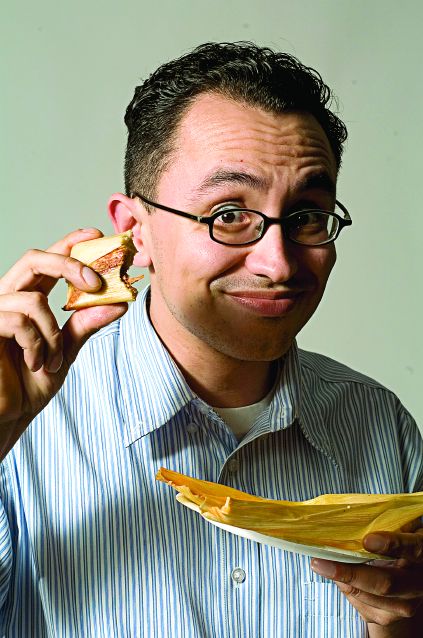Dear Gabachos: An Interview With Gustavo Arellano
An Interview With Gustavo Arellano



Latest Article|September 3, 2020|Free
::Making Grown Men Cry Since 1992



